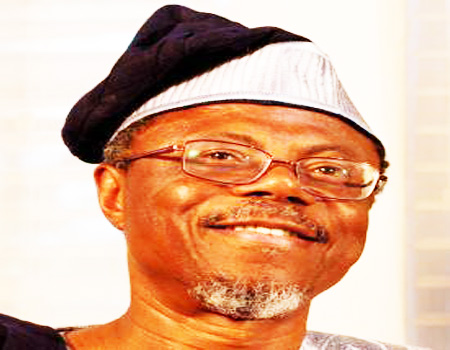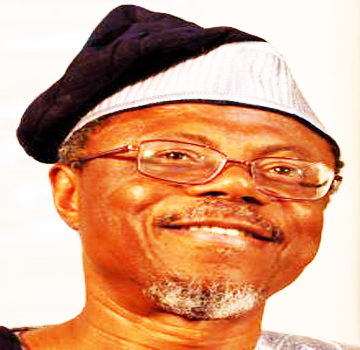Falola, who stated this while delivering the 7th convocation lecture at the Adekunle Ajasin University (AAUA ), Akungba Akoko, Ondo state, also enjoined young Nigerians students to begin to engage themselves in vocational programmes that would make them employable after their studies.
Speaking during a lecture titled: “Nigerian Universities and Youth Empowerment”, Falola said vocational training should be seen as a tool to develop the country.
He said that in many advanced countries of the world, skills like photography, fashion designing, shoemaking, graphic design and printing among others are already being taught as vocationally oriented degree courses.
He said, “it is high time some of these skills are designed into degree courses. This is one viable way of exploring alternative degree formats.
“It is, therefore, a good idea if this is replicated in Nigerian universities. Graduates can not only become gainful self-employed through these skills, they can also become employers of labour”.
He recommended further that, an updated and strategically laid out curricular, proper and appropriate choice of faculty members, positive, result-orientated drilling(mentoring), adoption of digital technology into teaching and research and introduction of entrepreneurial skills/vocational courses that were derived from a long analysis and reflections are measures for preparing graduates for the workplace.
He encouraged students, parents and proprietors of Nigerian university in both Private and Public, to learn and strive to be up and doing, and be responsible for themselves.
“It has been argued for the umpteenth time that many of these students lack purpose in life; have erred due to peer groups; are myopic; are unfocused; and have misplaced priorities.
“The university alone cannot attend to all these vicissitudes. Thus, the students themselves must be willing to change for good. In a similar vein, parents of these students must also be watchful of and conversant with their progress. Proprietors of Nigerian public and private universities—federal government, state governments, and individuals— should also be committed to the funding of university education.
“They must realize that this education is a lifetime project and its benefits are not exhaustive”. he said.
He stressed that rather than the government announcing projects of vocational training for people who have differing levels of education, he advised that data bank of the unemployed youths in Nigeria should be built.
He said “This data bank will use computer models and algorithms to analyze the problems of unemployment along the indices of age, locations, levels of education, skills people are capable of, gender, and other factors?
“This way, the data bank makes it possible to build microscopic and micro-perspective programs for youths according to their gender, age, location, needs, and level of education.
“Rather than have empowerment programs that are broadly conceived for an audience whose needs are by no means uniform, a data bank will policymakers to have more detailed and result-oriented approach to planning.
“Suppose government, rather than simply wiping out and replacing the youth empowerment program of a previous government, consults this data bank to specifically formulate public policies that can aim right at the heart of specific problems of empowerment according to certain indicative clusters?”
In his remarks, the Vice Chancellor, AAUA, Prof Igbekele Ajibefun appreciated Falola and said that the task of involving the universities in delivering the right knowledge that will emplace and empowerment is the collective responsibility of the nation.







